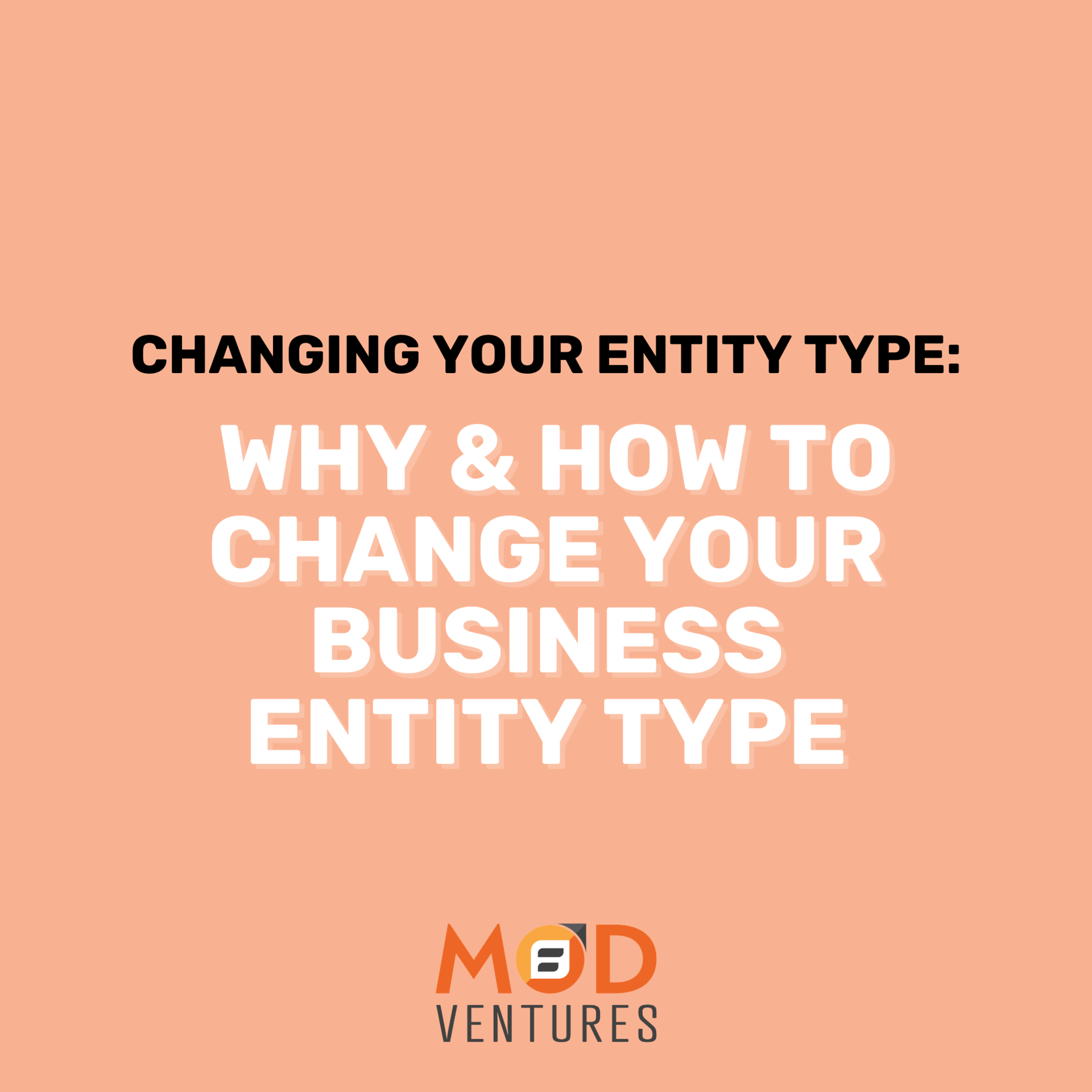By: Gabrielle Luoma CPA, CGMA
By: Gabrielle Luoma CPA, CGMA
Most businesses, especially when starting out, elect to organize their companies as an LLC (Limited Liability Company) or a sole proprietor. These are great starting points, and sometimes even the endpoint. In some cases, though, it is beneficial to change your entity type. Keep reading to learn more about changing your entity type: benefits, why, and how to do it.
Why Change Your Entity Type
If you have started off your business by organizing as a sole proprietor, all of the business’ liability falls on you personally. Changing your entity type to an LLC, for example, may bring more separation and less personal liability for the company. Additionally, and most commonly, businesses change their entity type for tax reasons. Our tax department is well versed in helping companies change entity types, so if you’re looking into changing your entity type,contact us!
As an LLC you have the choice of being taxed as a single-member LLC if only 1 member, Partnership, with multiple owners, S-elected Small Business Corporation, or a Corporation.
The flexibility of the LLC is usually the reason why many business owners choose this entity type first. As the company grows, adds members or tax liability increases, changing the entity is part of the tax planning process. This can be a complex decision and so you need to contact your CPA for advice.
From Sole Proprietorship to Limited Liability Company (LLC)
If you are setting up your LLC you will need to register on your state’s website. Here is a list of instructions fromArizona’s Corporations Division. Please ensure that you navigate to your state’s website ending in .gov. There you will find the appropriate paperwork to fill out and submit to the designated places.
The IRS is the place where you determine how you will file your taxes annually. It begins with setting up your TIN on an SS4 form. On that form, you decide how you will be taxed as an LLC.
This is where you might need some help and understanding the differences between entities. We have a chart here to reference. After you have finished the process of changing your entity type, make sure that you are staying compliant with the new set of rules of your new entity type. This may require you to fill out extra paperwork, or receive additional licensing. Connecting with a CPA is a great way to stay on track and make sure you are compliant in all ways. Check out ourtax services to learn more about how we can help you!
You May Also Love
CLOSE






